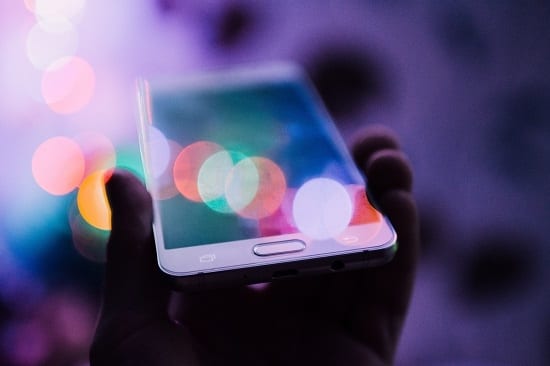
Chances are you already know about the myriad benefits that technology offers the events industry. And you probably also know how it can greatly help with event greening – making an event more sustainable in terms of its environmental, social and economic impact. But what is less talked about is one of its very dirty side effects: e-waste, or electronic waste.
E-waste refers to any type of electronic device that has come to the end of its life. What makes handling this waste problematic is, first, the amount of waste being produced, and second, what is in it.
Malcolm Whitehouse, the Operations Manager at the e-Waste Association of South Africa (eWASA), says it’s estimated that, on average, every person produces 6kg of e-waste a year. It’s important we divert this from landfill as most e-waste contains toxins such as mercury, lead, brominated flame retardants, cadmium and beryllium. These can leach into the earth or be released into the air if burnt.
Burning electronic waste is a common practice among waste pickers who want to extract the valuable metals from electronic goods, such as silver, gold, copper, aluminum and platinum. They are oblivious of the consequences this has to their health and the environment.
Unfortunately there has been a lag between the growing problem of e-waste and effective legislation to manage it – although Whitehouse says he expects this will soon change; “We are working with government and various stakeholders to adopt global standards and new legislation that will uphold responsible e-waste management. We hope this will be ready in the near future.” Without such legislation, it is hard to regulate this space effectively.
He continues, “Safely disposing of your e-waste is simple; you can find any one of our 600 national members on www.ewasa.org. They comply with our waste management standards, and will recycle as much e-waste as is possible, and in a safe way. What cannot be salvaged is then disposed of responsibly.” There is no cost to have your e-waste disposed of in this way.
Ultimate Data Sciences designs, manages and supports more efficient technology systems, and is an EGF member. Gavin Burgess, the Managing Director, recommends that, to limit your e-waste, you should not replace any equipment you own until it is necessary to do so; “Low energy use electronic goods – such as LED lighting and Energy Star certified appliances – are preferable to their less energy-efficient alternatives, from a greening perspective. However, you should not replace you existing equipment until it reaches its end of life or no longer meets your requirements. Otherwise you are creating e-waste sooner than is strictly necessary.”
Burgess adds that where unwanted electronic goods are still in good working condition, you can donate them to a suitable local community project that will be able to use them and derive benefits. A number of verified non-profit organisations put out requests for specific things they need on www.forgood.co.za. Alternatively you can create an offer of what items you have to give.
However, if you are donating goods, Whitehouse cautions that it is important that you comply with Section 59 of the Consumer Protection Act. This means your donation must be in good working condition so it cannot be perceived as “deferred dumping”. This has been a problem on an international scale, where companies send “donations” of broken electronics to third world countries. This creates a disposal problem for the recipient, who is often ill-equipped to deal with it, which increases the risk of it not being disposed of correctly.
Comprehensive guidelines on responsible event greening with technology have been created by the Event Greening Forum (EGF) as Minimum Standards for Sustainable Events, and most notably the standard developed for Sustainable Audio, Visual and Production Services.
Greg McManus, Chairperson of the EGF, explains, “The Event Greening Forum realised a few years ago that in order to drive sustainability more effectively in the eventing industry, a common understanding of what constitutes ‘green’ was necessary, and this led to the development of the minimum standards for sustainable events.”
“The pace of technological change in this industry demands dynamic standards and the EGF is committed to the regular review of all standards to ensure their relevance,” he adds.
You can download the EGF’s Minimum Standards for Sustainable Events for free from the EGF’s website. Simply visit www.eventgreening.co.za and look under the resources tab.






